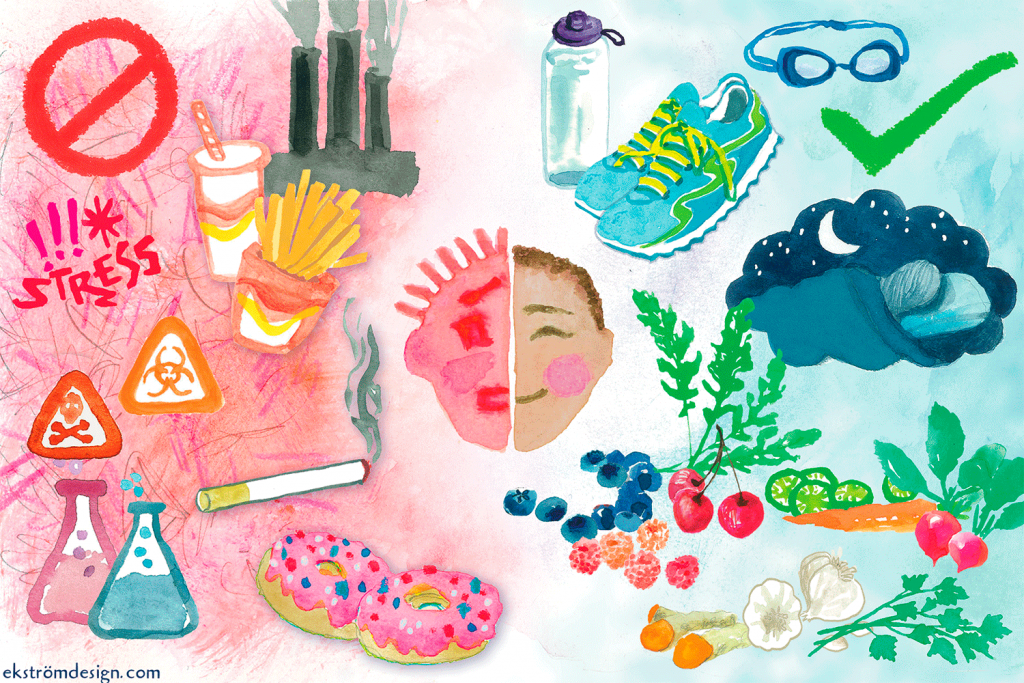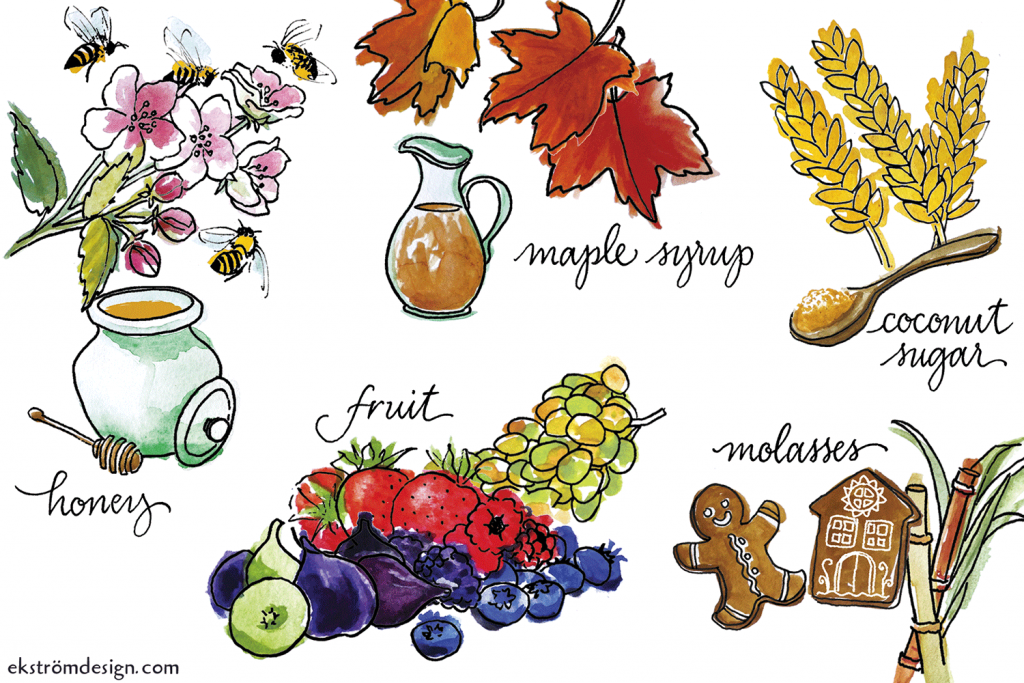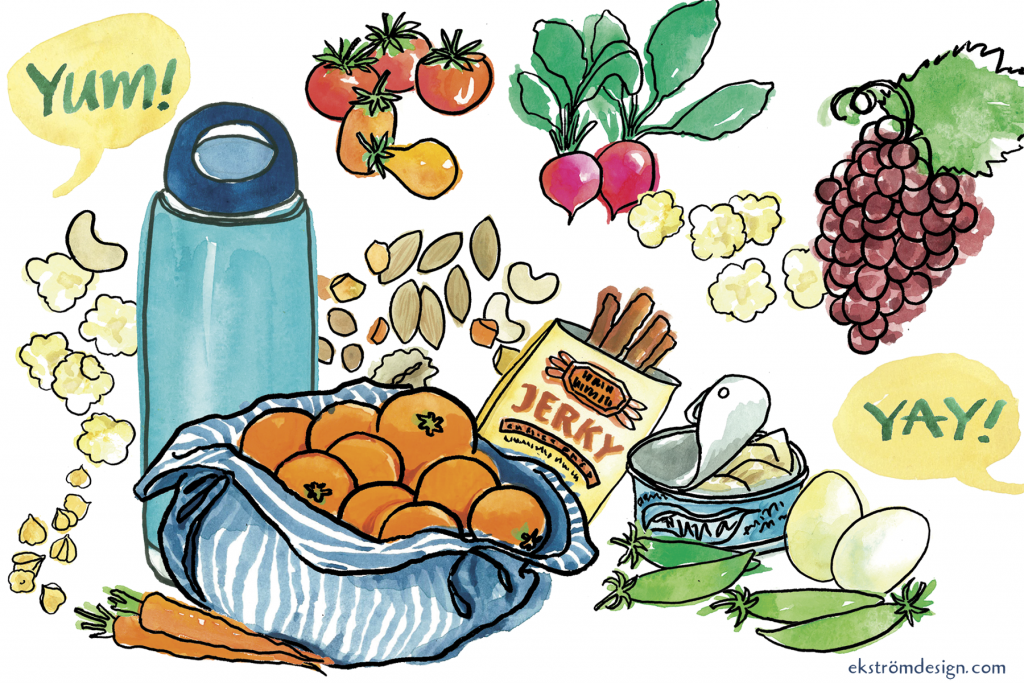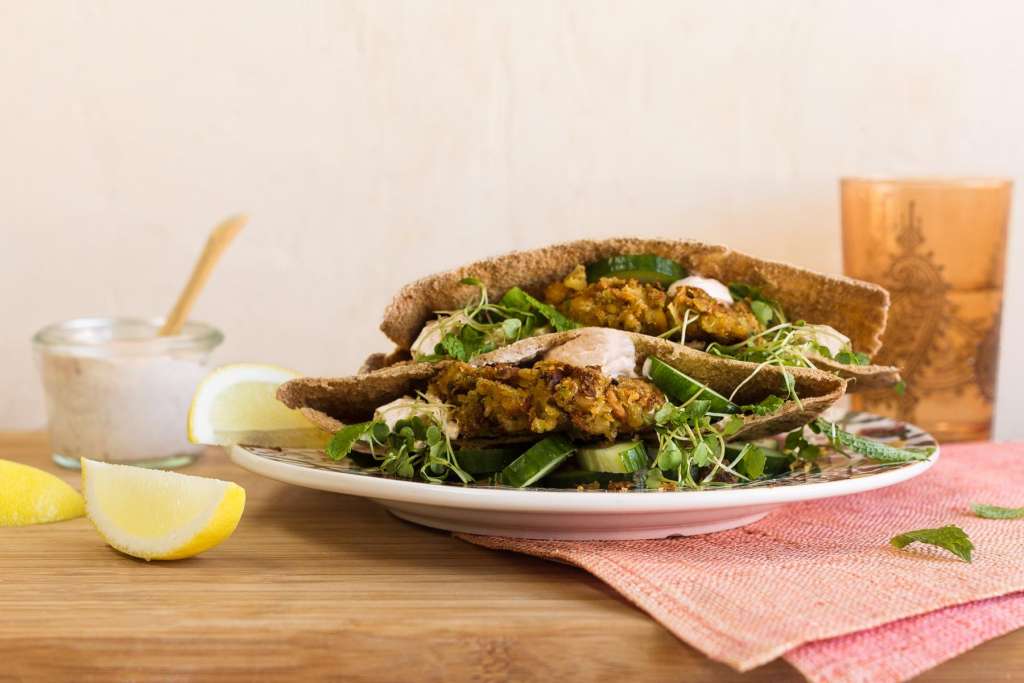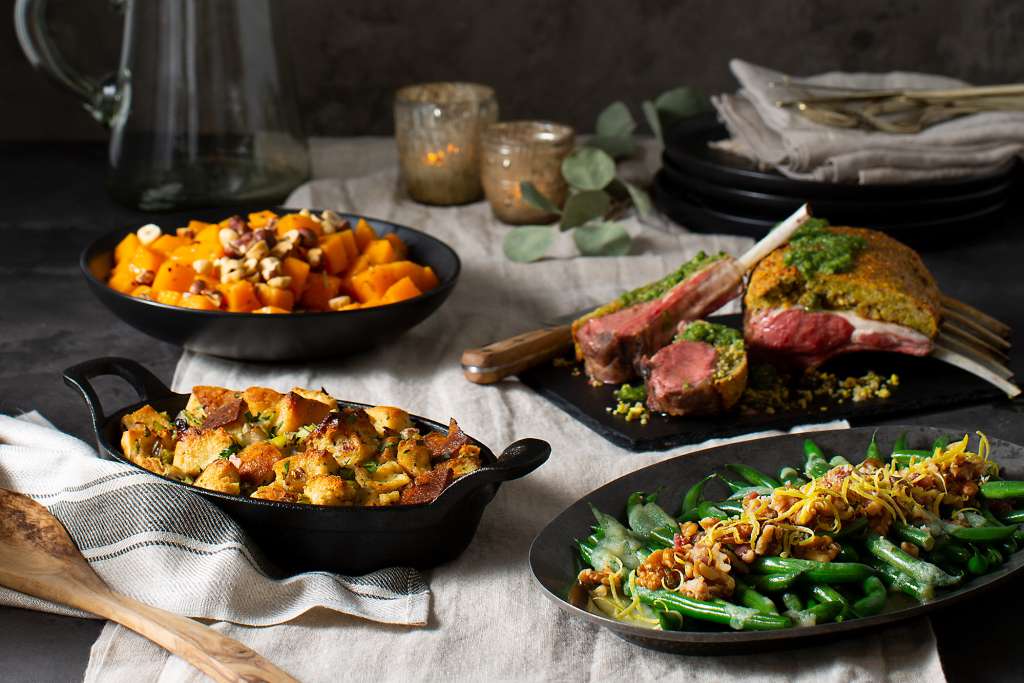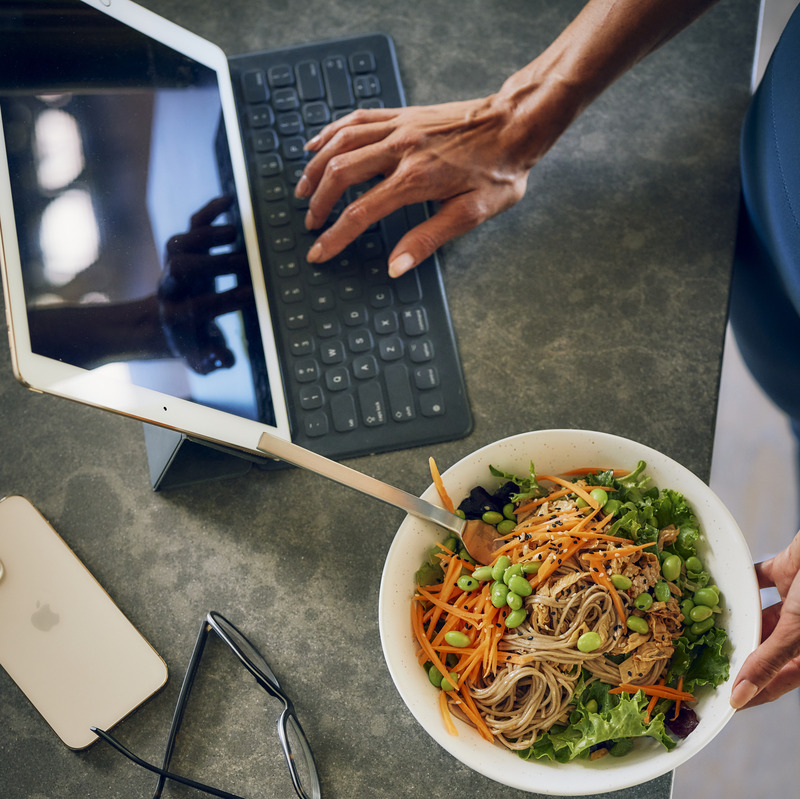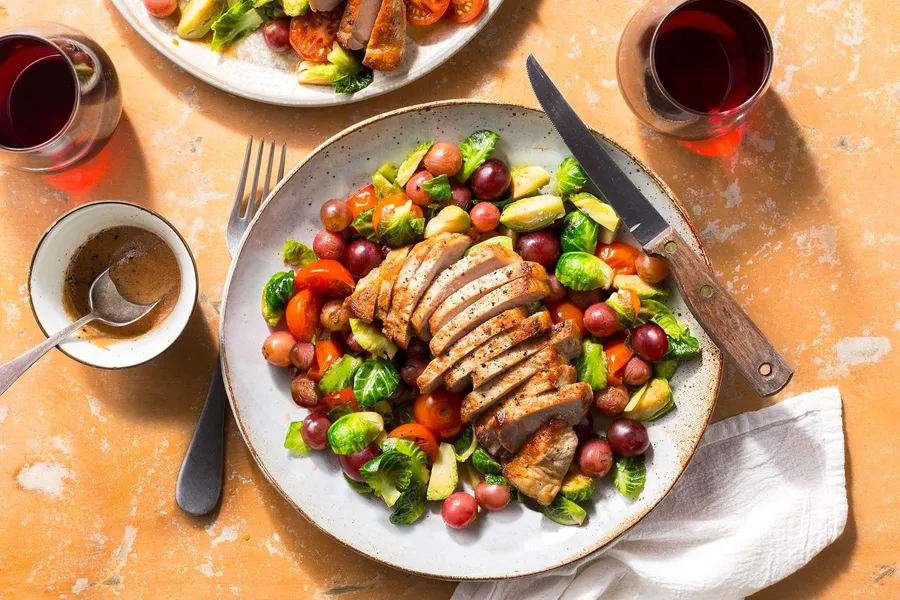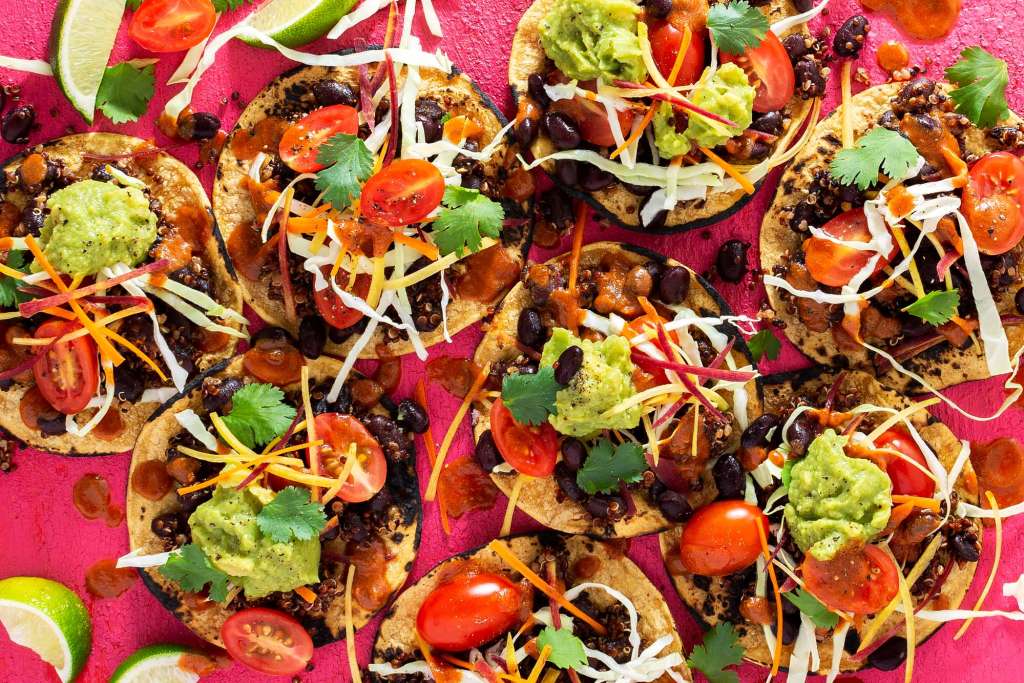Yes, You Can Get the Protein You Need from a Plant-Based Diet
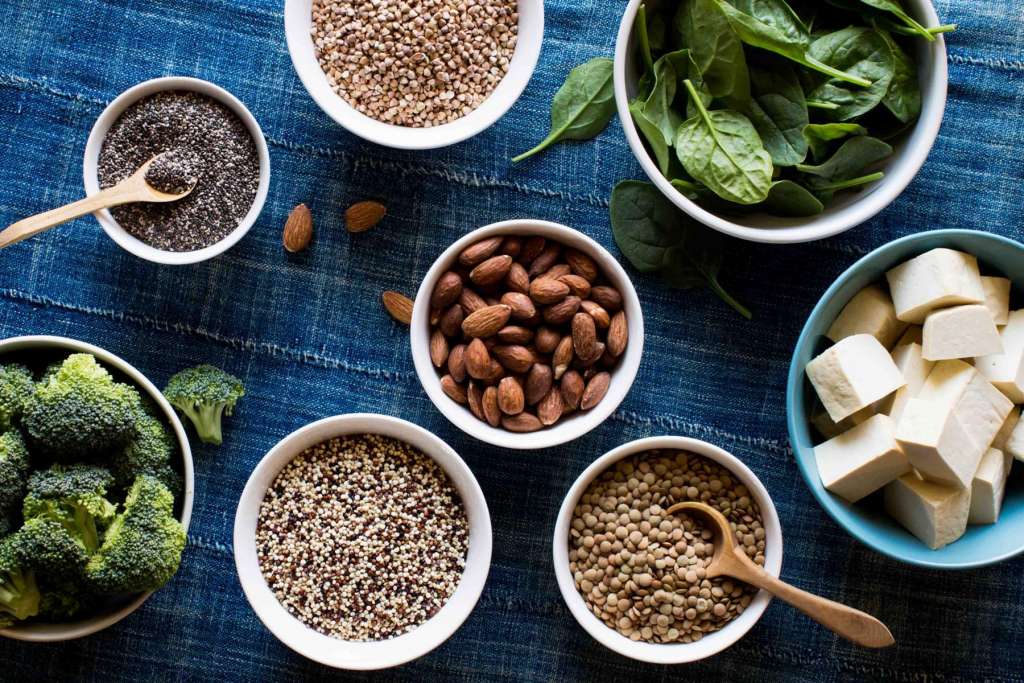
There’s a long list of vegetables that contain ample amounts of protein, though only a handful are “complete,” meaning that they contain all nine of the essential amino acids found in animal proteins. But if you eat a well-balanced, vegetable-centric diet, you can, in fact, enjoy meals that pack a solid punch of protein.
These foods can help you meet your protein needs while delivering plenty of flavor, variety, and other nutrients necessary for a healthy diet.
Broccoli
A cup of cooked broccoli contains 2 grams of protein (and just 20 calories). It’s also loaded with good-for-you nutrients like fiber, B vitamins, and omega-3 fatty acids. Don’t skip the stalks. Peel them lightly, cut into thin slices, then add them to salads or toss them in olive oil and roast them alongside the florets.
Buckwheat
Don’t be confused by the name, this gluten-free seed is not a type of wheat. It’s one of an elite group of vegetables that qualify as a complete protein, meaning that it contains all nine essential amino acids. It’s also an excellent source of manganese and dietary fiber. Eat it as an alternative to rice, swap buckwheat flour for all-purpose in your pancakes, or enjoy a bowl of Japanese soba noodles made from buckwheat.
Legumes
Arguably among the best meat substitutes, beans and lentils are packed with protein—a whopping 12 grams in a cup of cooked pinto beans. That’s more than what you’ll find in an ounce of beef.
Nuts
We like almonds, cashews, and pistachios for their combination of high protein, high fiber, and good fat—a triple threat for satiety, blood sugar regulation, and long-lasting energy. Grab a handful for a snack, sprinkle some nuts onto pasta dishes, or add them to your smoothie.
Quinoa
Like buckwheat, quinoa is another complete-protein pseudocereal; ½ cup cooked quinoa boasts 8 grams of protein. Though it’s used like a grain, its protein content surpasses most grain competitors. It’s like throwing a steak in your grain bowl.
Seeds
Tiny but mighty, seeds like flax, pumpkin, and chia are the eggs of the vegetable world. These storehouses of energy are loaded with protein—5 grams in a single ounce of chia seed—and are good sources of heart-healthy omega-3 fatty acids and essential minerals. Sprinkle pumpkin seeds on tacos, sesame seeds over a rice bowl, or chia seeds in a smoothie.
Soy
This complete protein comes in many forms, from seed (edamame) to milk to tofu and more, and is many a vegetarian’s favorite protein source. And for good reason: its delicious, subtle flavor plays well with others, and a single ounce of tofu has 6 grams of high-quality protein.
Spinach
Popeye had the right idea when he binged on this leafy green. Nutrient-packed spinach is full of protein (5 grams in 1 cup of the cooked greens), iron, and vitamin K and can easily be added to salads, soups, stews, and even smoothies.
